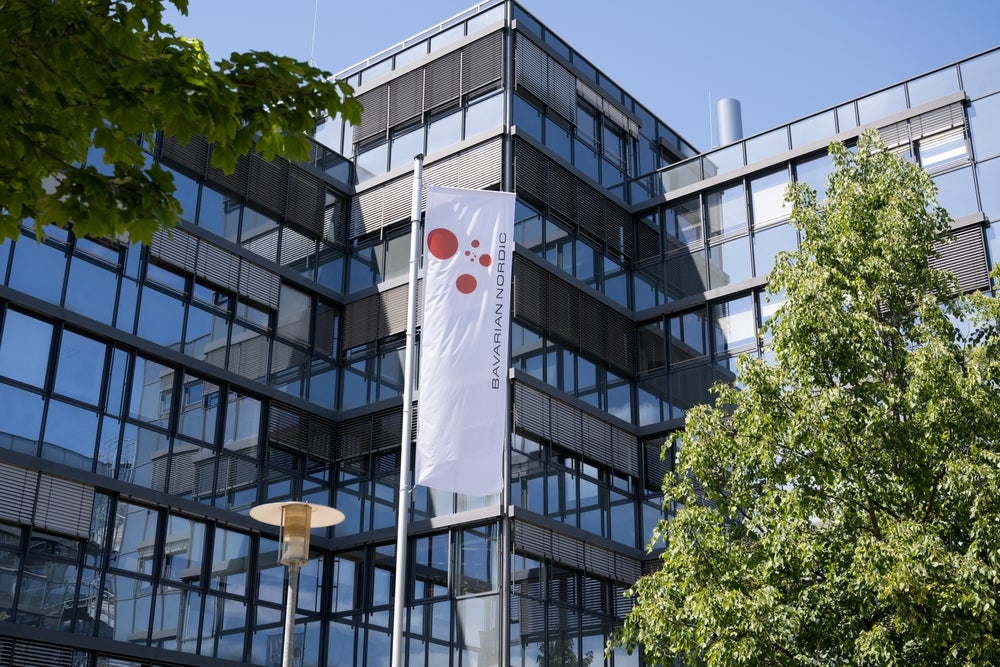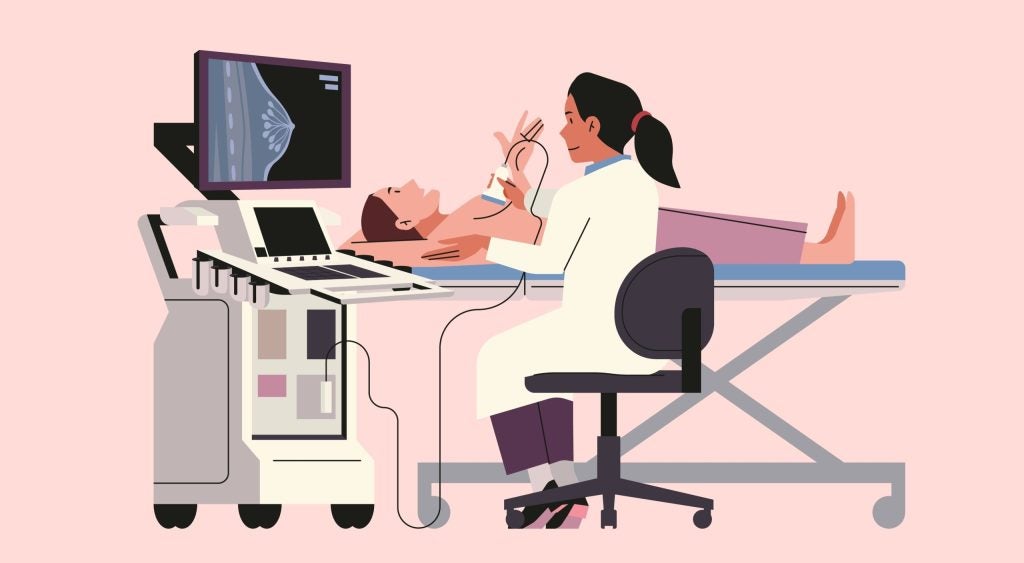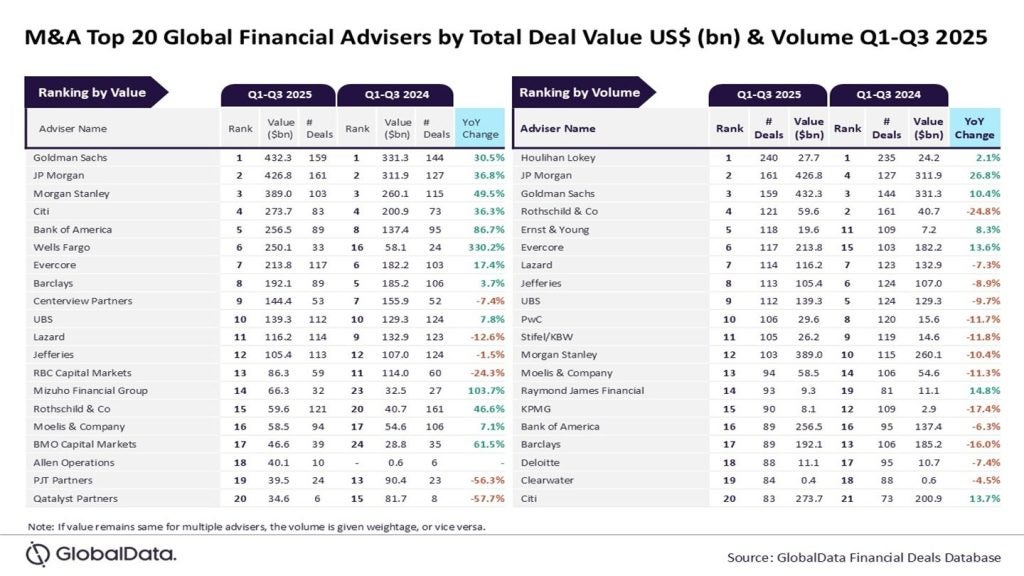A new report from the World Health Organization (WHO) has highlighted the global healthcare burden of neurological disorders.
In the latest ‘Global status report on neurology’, the government organisation estimated that more than 40% of the global population is impacted by at least one neurological disorder, making the category the most common cause of ill health or disability worldwide.
According to the WHO, conditions under the neurology umbrella account for 11 million deaths each year. This is despite the preventable nature of many of the diseases in this category.
Alzheimer’s disease – one of the top 10 neurological conditions linked to death and disability – is still a huge burden on patients and healthcare systems alike, with the WHO report revealing that it received the most amount of research funding of all the neurological disorders in 2023.
This has led to the development of effective treatments, though Dr Jeremy Farrar, WHO assistant director-general for health promotion, disease prevention and control, noted that “services remain out of reach for most”.
Farar stated that this was especially true in low-income countries, which experience significant healthcare disparities due to a lack of access to specialists, low government budget allocations and a scarcity of national plans centred around treating these conditions.
Despite this, there have been some strong developments in the neurology field as of late – particularly in Alzheimer’s disease.
Progress in Alzheimer's disease treatment
Although there is still no cure for Alzheimer’s disease, there have been some notable advancements in the indication, with two disease-modifying therapies (DMTs) getting the US Food and Drug Administration (FDA) green light in the last two years.
The approved DMTs are Biogen and Eisai’s Leqembi (lecanemab), and Eli Lilly’s Kisunla (donanemab), which both work by clearing amyloid plaques from the brain. Leqembi and Kisunla both got the FDA go-ahead after they were shown to slow Alzheimer’s progression in patients with early-stage disease.
Moving forward, the drugs will go head-to-head for market share, with GlobalData forecasting that Kisunla will make $2.4bn for Eli Lilly at its peak in 2031. However, analysts foresee that Leqembi will outperform Kisunla on the market, making $2.7bn in 2031, while going on to increase profits until 2033, as per a GlobalData report.
GlobalData is the parent company of Clinical Trials Arena.
This is all in the context of the Alzheimer’s disease market’s strong growth, which is projected to be worth $19.3bn across the eight major markets (8MM: the US, France, Germany, Italy, Spain, the UK, Japan, and China) by 2033 due to the continued market entry of DMTs.
Despite their projected global success, both Biogen-Eisai and Eli Lilly’s drugs were denied for use in the UK’s National Health Service (NHS) after the National Institute for Health and Care Excellence (NICE) deemed them too expensive, despite their capacity to slow disease progression.
Meanwhile, on the research front, there are a range of Phase III trials to watch in Alzheimer’s disease that could hold similar potential to Kisunla and Leqembi.
These include Eli Lilly’s other Alzheimer’s amyloid plaque-clearing med, remternetug, Annovis Bio’s buntanetap tartrate, which inhibits amyloid-beta, tau and amyloid synuclein and AriBio’s phosphodiesterase 5 (PDE5) inhibitor, AR-1001.













